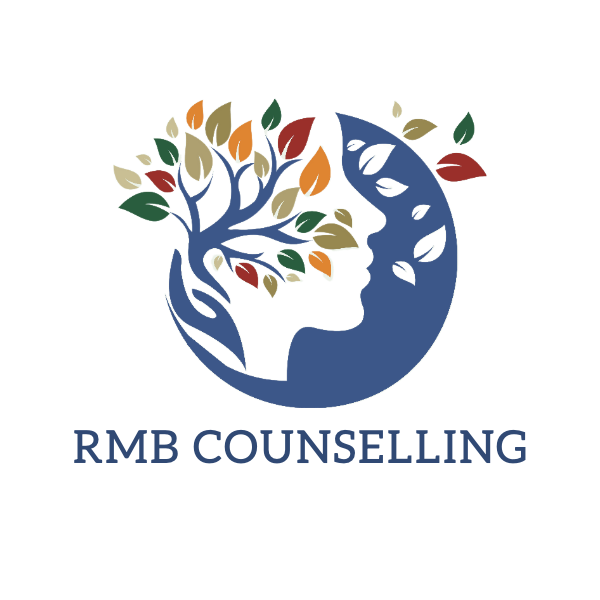The Intrinsic Need to Be Understood: A Psychotherapeutic Exploration
In the complex tapestry of human interactions, the need to be understood stands as a fundamental thread that weaves connections and fosters emotional well-being. From a psychotherapy standpoint, the longing for understanding transcends surface-level communication, delving deep into the core of our psychological and emotional experiences. This innate desire for understanding plays a pivotal role in therapeutic relationships and personal growth, guiding individuals on a path towards self-awareness, healing, and resilience.
At its essence, the need to be understood stems from the yearning to have our thoughts, feelings, and experiences validated by another. It extends beyond mere acknowledgment to encompass a profound sense of empathy and acceptance. From infancy to adulthood, humans seek this validation as a means of establishing a secure emotional foundation. This need, often rooted in childhood experiences, shapes our adult relationships and influences our mental well-being.
In the realm of psychotherapy, the need to be understood assumes a central role. Therapists provide a safe space where individuals can unburden themselves without judgment. This empathetic understanding creates an environment where clients can explore their innermost thoughts and emotions, fostering personal growth and healing. The therapist’s ability to comprehend the client’s unique experiences allows for the validation and normalization of their feelings, contributing to a sense of relief and empowerment.
The validation of one’s experiences is intricately linked to self-worth. When individuals feel understood, they experience a boost in self-esteem and self-confidence. This positive reinforcement encourages them to engage in healthier coping mechanisms and cultivate a more optimistic outlook on life. Psychotherapy provides a platform where clients can develop a more accurate self-concept, free from the distortions that may have arisen from past experiences.
Being understood contributes significantly to emotional regulation. When individuals feel heard and validated, their emotional responses become more manageable. Psychotherapy equips clients with the tools to navigate complex emotions by providing them with coping strategies and insight into the origins of their reactions.
For many, the therapeutic journey involves revisiting past traumas and wounds. The experience of being truly understood during this process can be transformative. The therapist’s empathetic understanding helps reframe traumatic memories, allowing clients to reinterpret their experiences and reduce the emotional charge associated with them.
Empathy is the cornerstone of the therapeutic relationship. Through genuine empathy, therapists convey their understanding and compassion, creating a bridge of connection. This bridge allows clients to traverse the chasm between isolation and the comfort of being understood.
The therapeutic process also nurtures self-compassion. As clients experience the empathetic understanding of their therapist, they learn to extend the same compassion towards themselves. This shift towards self-compassion helps counteract self-criticism and fosters resilience.
The experience of being misunderstood can lead to feelings of isolation and loneliness. Psychotherapy provides a corrective emotional experience by offering a space where individuals are genuinely heard and valued. This sense of connection and understanding serves as an antidote to the emotional isolation that often accompanies psychological distress.
The need to be understood is not a one-time achievement; it’s an ongoing journey. Through psychotherapy, individuals learn to communicate their needs, set boundaries, and foster connections that align with their emotional well-being. As they cultivate a deeper understanding of themselves, their interactions with others become more authentic and meaningful.
From infancy to adulthood, the need to be understood is an inherent part of the human experience. Psychotherapy recognizes and addresses this need, providing individuals with a therapeutic relationship where their experiences are genuinely heard, acknowledged, and validated. Through this process, clients gain insight, healing, and a renewed sense of self-worth. As psychotherapy continues to champion the power of understanding, it underscores the profound impact that empathy and connection can have on personal growth and emotional resilience.

